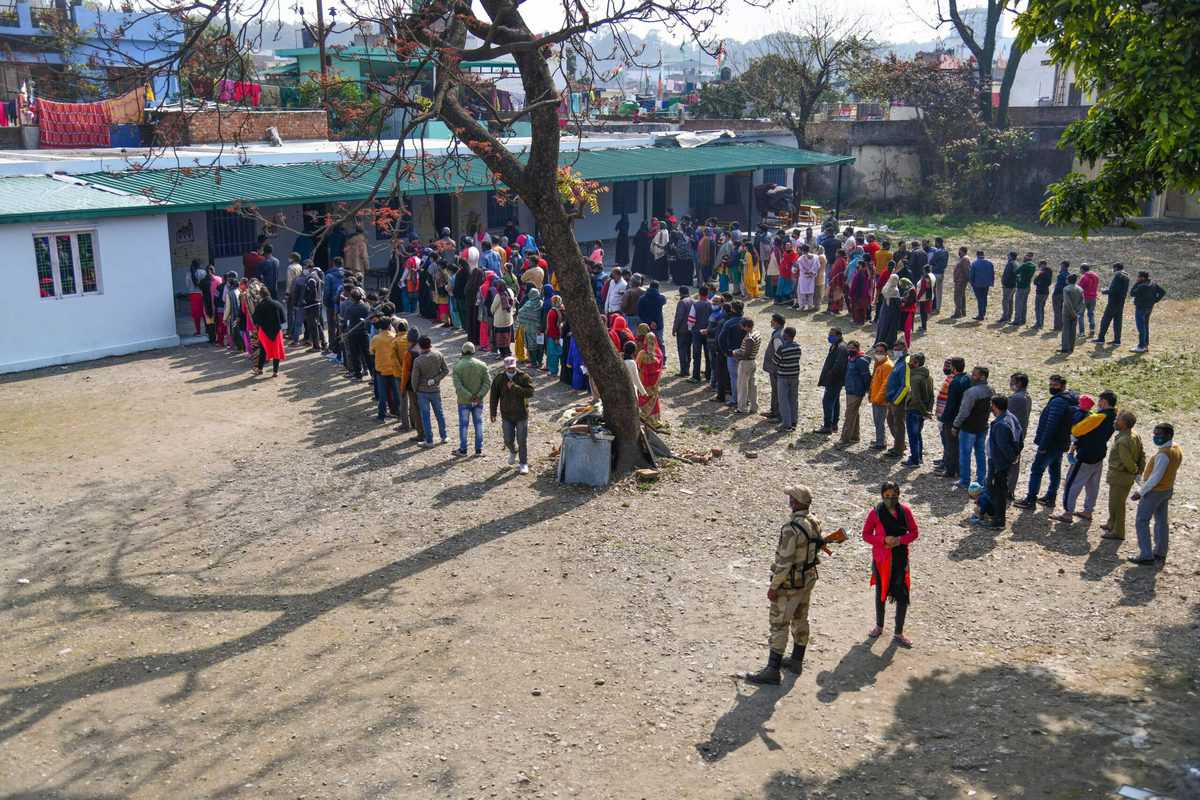
New Delhi: India has witnessed a nearly six-fold increase in the total number of voters since 1951 to over 94.50 crores this year, but almost one-third of them stayed away from exercising their franchise in the last Lok Sabha polls.
This has prompted the Election Commission to walk the extra mile to bring them to the polling booths.
In 1951, when the voter lists for the first general elections were prepared, India had 17.32 crore registered electors, and 45.67 percent had turned up to exercise their franchise in the newly-born Republic.
The number of registered electors witnessed a gradual increase over the years, and so did their participation in the subsequent elections.
In the 1957 general elections, the number of registered electors was 19.37 crore and 47.74 percent cast their ballots to send their representatives to the Lok Sabha.
Amid talks of taking the voter turnout to 75 percent, the Election Commission has flagged the issue of the 30 crore voters who did not turn up at the polling booths in the 2019 Lok Sabha elections.
People from urban areas, youth, and migrants are part of the category of these 30 crore missing voters.
The EC has pointed to urban apathy in the recently-held assembly polls in Himachal Pradesh and Gujarat.
For migrants who have their names on electoral lists in their home state and cannot afford to go there to cast vote due to various reasons, the poll panel has proposed remote voting technology. But it needs political consensus, followed by a change in legislative framework to roll out remote electronic voting machines.
As it prepares to hold several assembly polls this year and Lok Sabha elections early next year, the poll panel aims to push voter percentage through innovative communication strategies.
People’s participation in the election process breached 50 percent for the first time in the 1962 general elections when 55.42 percent of the 21.64 crore voters exercised their franchise.
By 2009, the total number of registered voters had zoomed to 71.70 crores but the turnout at the polling booths was only 58.21 percent, a marginal increase in percentage terms over 1962.
The 2014 general elections saw the turnout of voters jump to 66.44 percent of the 83.40 crore registered voters.
The 2019 general elections had 91.20 crore registered voters and had seen 67.40 percent turning up at the polling booths to cast their votes.
The total number of voters on January 1 this year stands at 94,50,25,694.



